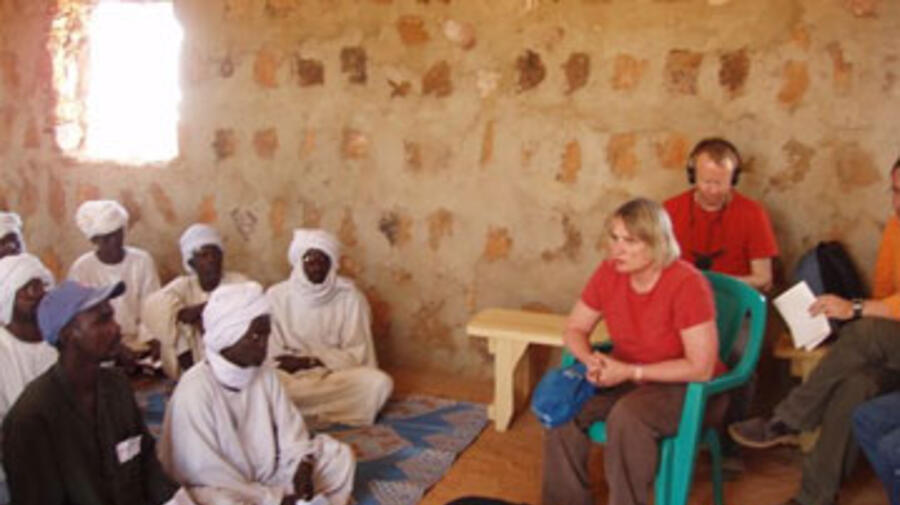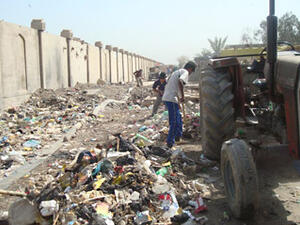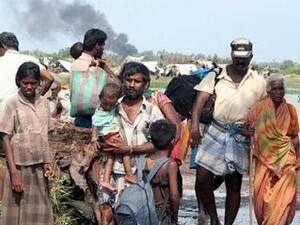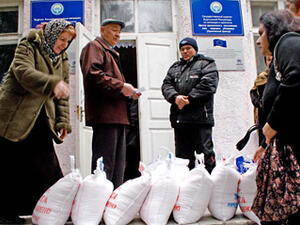Security, funding crucial for Sudan/Chad situation, says Chamberlin
Security, funding crucial for Sudan/Chad situation, says Chamberlin

Acting High Commissioner Wendy Chamberlin meeting with Sudanese refugee leaders in Touloum camp in eastern Chad.
GENEVA, April 25 (UNHCR) - Security, basic living conditions and funding are among the top concerns of the UN refugee agency in Sudan and Chad, said Acting High Commissioner Wendy Chamberlin after returning from a five-day trip to the region.
Chamberlin was briefing reporters in Geneva on Monday after returning to UNHCR's headquarters over the weekend. She shared her observations on Omdurman es Salaam, a camp on the outskirts of Khartoum that houses 120,000 internally displaced people (IDPs), many of them from southern Sudan who have been there since the mid-1980s.
"The conditions are very bad there, sometimes even worse than in Darfur, and certainly worse than in Chad," she noted. "What really disturbed us is that 13,000 houses have recently been destroyed there, affecting 17,000 families."
The camp has serious health problems, with 22 percent of the deaths caused by diarrhoeal diseases. Sixty-seven percent of the IDPs are unemployed, surviving on the generosity of other IDPs, the local population or humanitarian assistance.
In Darfur, Chamberlin visited a camp near Zalingi, where she asked the IDPs what their three most important concerns were. The reply - "Security, security, security." She underlined that the IDPs, especially the women, highly praised the role of the African Union soldiers who escort them when they venture out of the camp to collect wood, as this is usually the time when the women are attacked and raped by armed groups.
In neighbouring Chad, refugees in Touloum camp told the Acting High Commissioner that their main concerns were food, water and literacy classes for women. "But security is not a concern for these populations, which is a positive thing," she stressed.
Chamberlin concluded, "Governments have an obligation to protect their citizens. I think that there are people who are not protected right now in Sudan."
She described the case of an eight-year-old IDP girl in one camp near El Geneina, Darfur. "This girl had been repeatedly raped, night after night. We of course gave her immediate attention and cared for her. But we went beyond that. We also try to put in place protection processes so that other children will be protected as well. We have established a child-safe centre in this camp and if we have more funds, we have plans to build up similar structures in other camps."
Chamberlin added that UNHCR has a unique role to play in protection, but it cannot fully meet its goals because "we are limited by funds". "In Darfur, we asked for $30 million but only received $2 million for the moment. So we are still looking for $28 million to implement our protection role over there." In Chad, where 200,000 Sudanese refugees live in 11 UNHCR camps, UNHCR needs over $80 million but has only received $30 million. And for southern Sudan, which counts more than 4.5 million IDPs, the agency is asking for $61 million but has received less than $9 million.
By Hélène Caux









